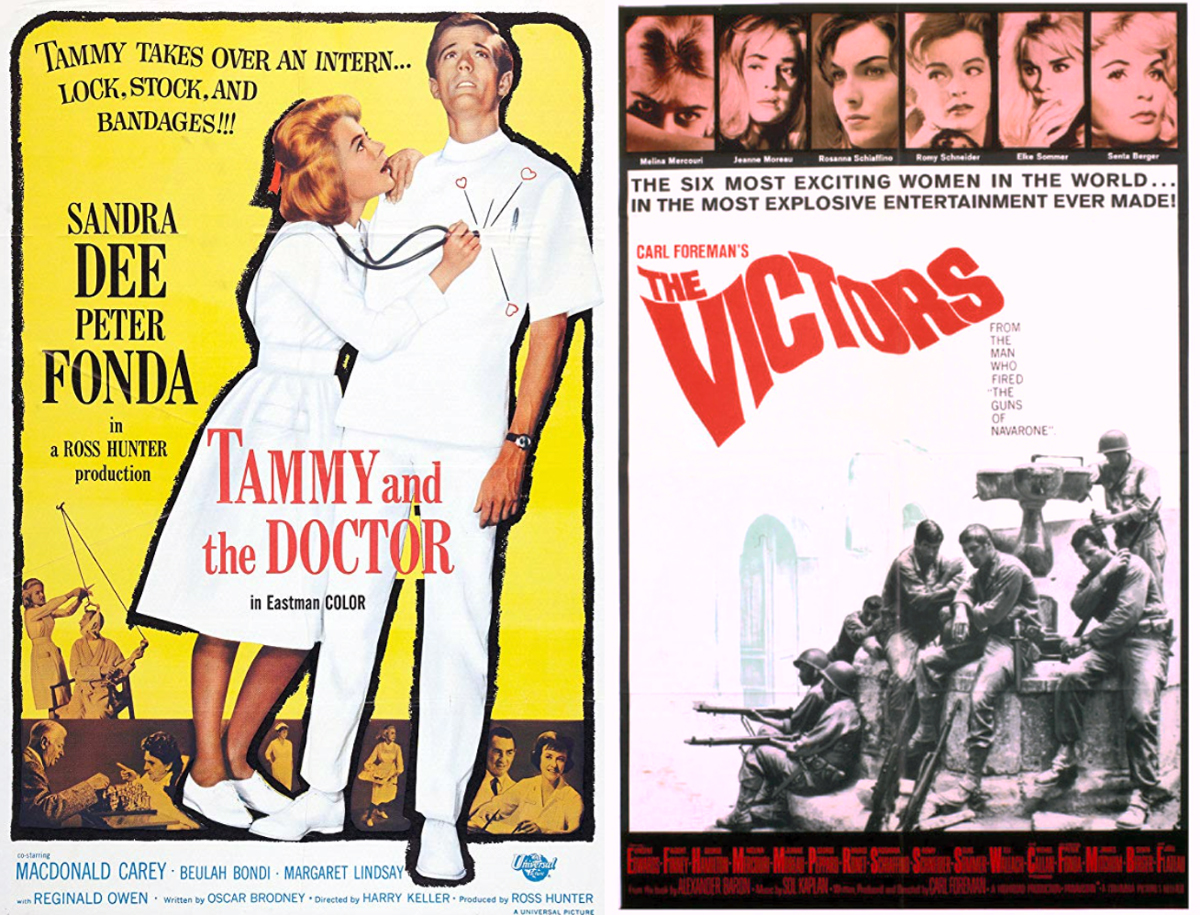by Nathaniel R
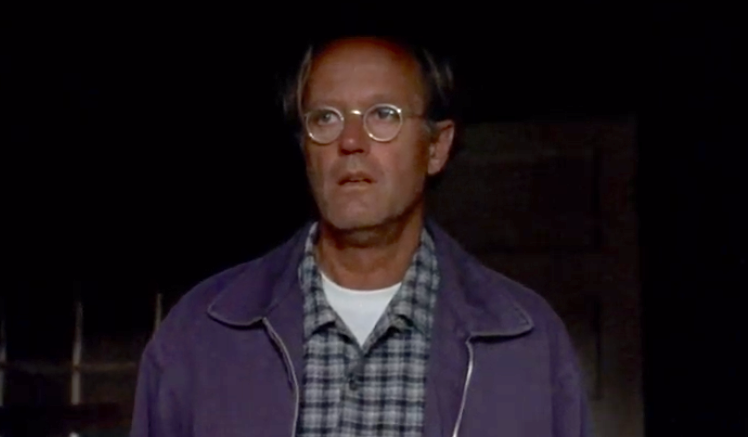 Peter Fonda in "Ulee's Gold"
Peter Fonda in "Ulee's Gold"
Peter Fonda was born Hollywood royalty, as the only son of classic movie star Henry Fonda. Like his iconic elder sister Jane, he had a tense relationship with his father. Unlike Jane he didn't have his own On Golden Pond (1981) to share with his father. Their only film together was the forgotten Wanda Nevada (1979). Not that Peter's career was without its own creative and commercial peaks. The film with which he'll always be associated, Easy Rider (1969), the counter-culture smash that he both co-wrote and co-starred in with Dennis Hopper, was both.
Because most career-retrospectives of Peter Fonda appear to begin and end with Easy Rider (1969) we thought it would be more interesting today to look at the way his career started and what happened after Easy Rider...
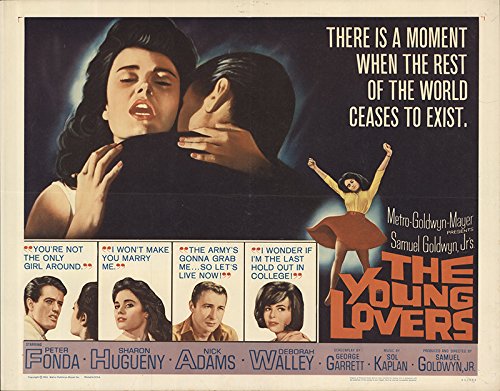 3 of his first 4 movies...
3 of his first 4 movies...
Right from the start Peter was a headliner. It surely helped that his dad was a true screen icon, but all of the Fondas have been quite gifted in the acting department, so nepotism sometimes gives back to the world. His first two features were polar opposites, a successful American romantic comedy with Sandra Dee and an vignette-filled black & white anti-war film with an international all star cast.
Six years before his iconic breakthrough he was nominated for Most Promising Newcomer for The Victors. Curiously, that Golden Globe competition had three winners despite six nominations which seems quite harsh to the other 50% of the nominees. Fonda lost but what good company!
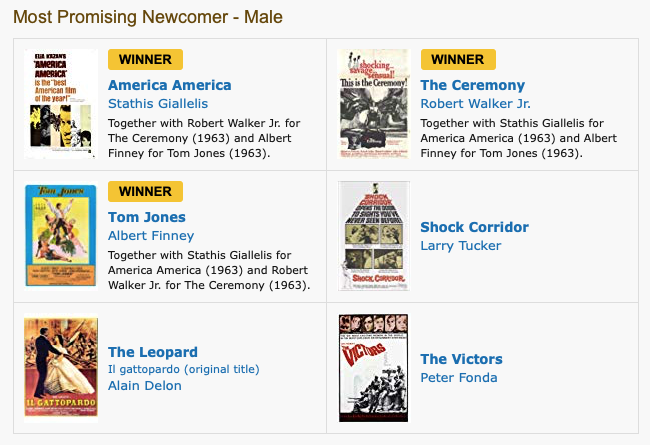
After those first two films he played a supporting role in Lilith (1964) with Warren Beatty and Jean Seberg and then was back as headliner in The Young Lovers (1964). Still, cultural memories of these early Fonda roles are totally obscured by the dust of Easy Rider, one of those most profitable and famous indies ever made (it was shot for under $400,000 and grossed $60 million worldwide.)
It's amusing to us -- since we didn't live through it -- that it's always referred to as a counter-culture film. Wasn't the counter-culture essentially just taking over as the culture, in a way, in the late 60s, since the hits were that big? It was the third highest grossing film of 1969 just behind the also edgy Best Picture winner Midnight Cowboy... and just ahead of another cultural quake via the open marriage experimentation of the comedy Bob & Carol & Ted & Alice.
Easy Rider brought Fonda what, for a long time, seemed destined to be his only Oscar nomination (Best Screenplay). His career afterwards produced no true classics and many box office misses though some cult favourites and a brief sidebar career as a director emerged.
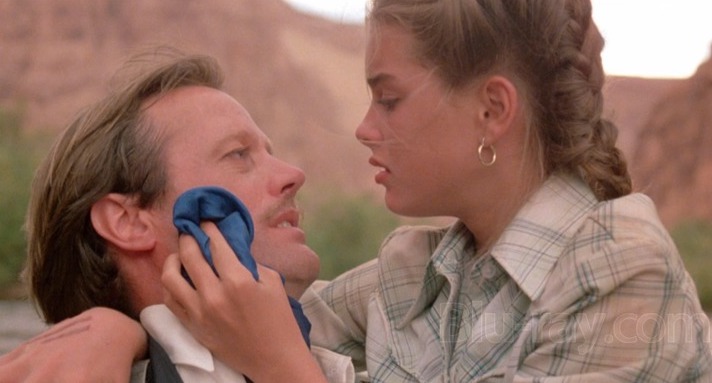 Fonda experimented with directing in the 1970s, making three features, the last of which was Wanda Nevada in which he was romantically paired with (gulp) 14 year old Brooke Shields.
Fonda experimented with directing in the 1970s, making three features, the last of which was Wanda Nevada in which he was romantically paired with (gulp) 14 year old Brooke Shields.
But here's to late career surprises. Nearly 30 years later Fonda was basking in the best reviews of his career as a stubborn beekeeper with major family trouble in Ulee's Gold (1997) for which he finally received a Best Actor Oscar nomination.
Ulee's Gold sparked renewed interest in the actor which led to a Golden Globe win for supporting actor in the TV miniseries The Passion of Ayn Rand (1999) and eventually a SAG cast nomination for 3:10 to Yuma (2007) in the same year he had a high profile role as the devil in Ghost Rider (2007). They would prove to be his last major hits.
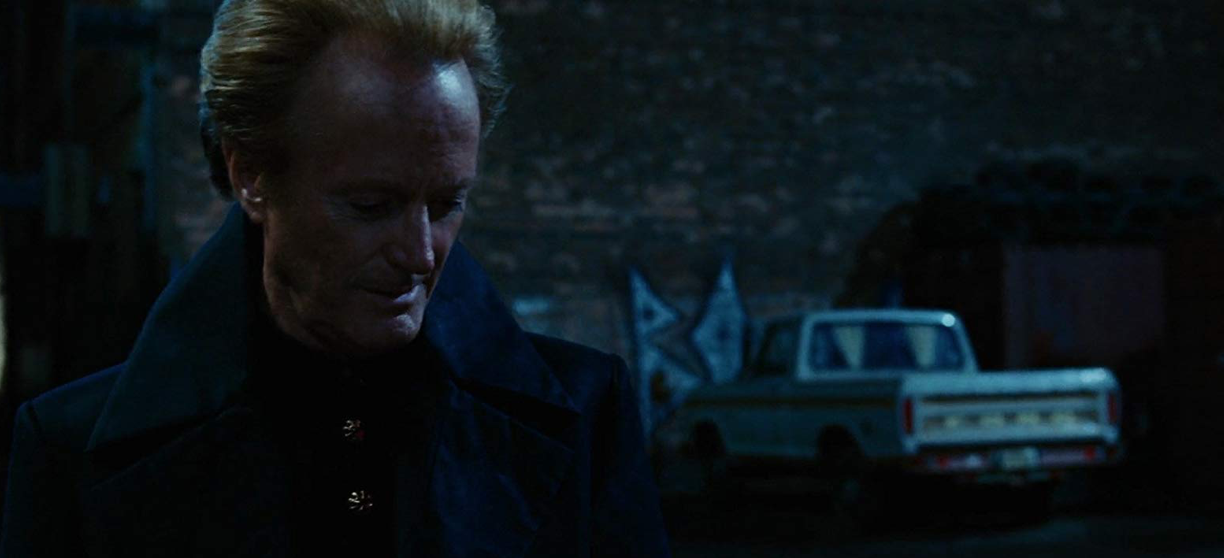 as "Mephistopheles" in Ghost Rider (2007)
as "Mephistopheles" in Ghost Rider (2007)
We might have another chance to see this famous child of Hollywood onscreen though. Before his death earlier today at the age of 79 from lung cancer, Fonda had completed two more pictures. There's an indie called The Magic Hours in which he plays a reclusive author. More likely to emerge is the military drama The Last Full Measure (Roadside Attractions will reportedly distribute) which features Sebastian Stan, Christopher Plummer, Samuel L Jackson, and a handful of other stars. Measure is about a pilot (Jeremy Irvine in flashbacks we suppose) who is awarded the medal of honor 34 years after his death.
Peter Fonda is survived by his older sister Jane and his daughter Bridget and our hearts go out to those two actresses as well as Fonda's wife, kids, and other loved ones tonight.
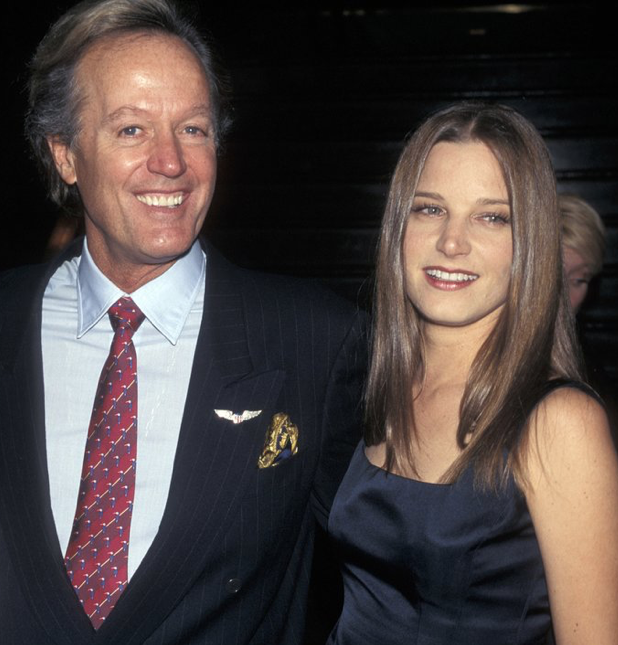 Peter and his daughter (the much-missed-onscreen) Bridget Fonda
Peter and his daughter (the much-missed-onscreen) Bridget Fonda
